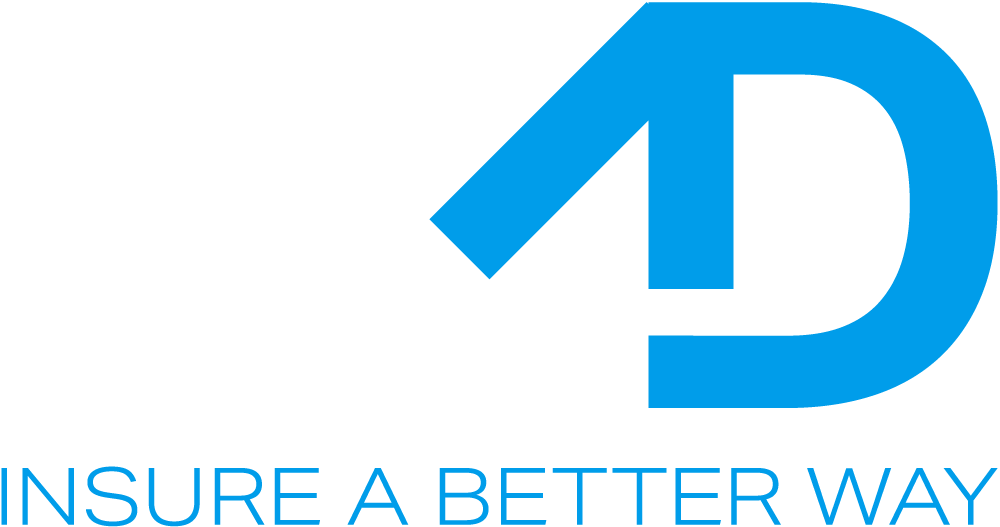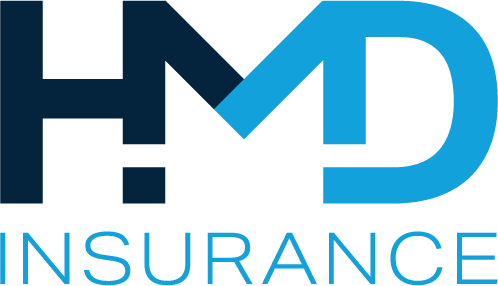
When it comes to protecting yourself and others on the road, understanding third party car insurance and public liability insurance is essential. Third party car insurance covers damage or injury you cause to other people and their property while driving. On the other hand, public liability insurance protects you if someone gets hurt or their property is damaged due to your actions in a public space. Knowing how these types of insurance work can help you make better choices and stay safe.
What is Third Party Car Insurance?
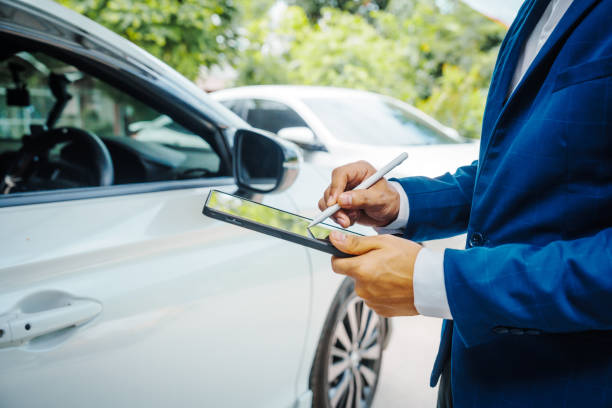
Third party car insurance is a mandatory insurance policy that protects you against claims made by other parties in the event of an accident. While it does not cover damage to your own vehicle, it is essential for meeting legal requirements on the road. This insurance serves as a safety net, ensuring that if you cause damage to someone else’s car or property, the financial burden does not fall solely on your shoulders.
The mechanics of third party car insurance are straightforward. When an accident occurs and you are deemed at fault, the third party car insurance will cover the costs associated with property damage or personal injury incurred by the other party. This may include medical expenses, repair costs, or even legal fees. In many countries, such as Australia, compulsory third party (CTP) insurance is required as a minimum, ensuring that all drivers contribute to a fund that helps cover these costs.
Third party car insurance primarily covers damage to other people’s vehicles, property, and bodily injury resulting from an accident where you are at fault. However, it does not extend to cover damage to your car or any medical expenses you may incur. It is important to read the product disclosure statement associated with your policy to understand the limits and specific exclusions that may apply. This knowledge will aid in making informed decisions regarding your insurance cover.
The key benefits of third party car insurance include affordability and compliance. Since it does not cover damage to your car, the premiums for third party insurance are generally lower compared to comprehensive car insurance. This makes it an attractive option for budget-conscious drivers or those who own older vehicles with less value. Additionally, having third party insurance allows you to drive legally on the road, avoiding potential fines or penalties associated with driving without coverage.
What is Third Party Property Damage Insurance?
Third party property damage insurance is a specific component of third party car insurance that focuses on damage caused to another person’s property as a result of your vehicle. This insurance can cover a variety of scenarios where your car causes damage to other cars, fences, buildings, or any other physical property.
This type of insurance protects you from financial liability if your vehicle causes property damage. For instance, if you accidentally crash into someone’s fence or another car, third party property damage insurance will cover the repair costs, ensuring you do not face crippling financial repercussions. Furthermore, having this insurance provides peace of mind, as you know that you have protection against unexpected claims from third parties.
While third party property damage insurance provides essential coverage, it is crucial to understand its limits. Most policies have a cap on the amount they will pay for property damage claims. Therefore, if the cost of damage exceeds this limit, you may be responsible for the excess amount. It is prudent to review your insurance policy and consider opting for higher limits, particularly if you drive a vehicle that may cause significant damage in an accident.
Third party property damage insurance is required if you own a vehicle and wish to drive legally. Additionally, this insurance is beneficial for those who frequently drive in high-traffic areas where the risk of accidents is heightened. If you operate a hire car or use your vehicle for business purposes, having this coverage is also crucial to protect your financial interests.
What is Public Liability Insurance and Why Do You Need It?
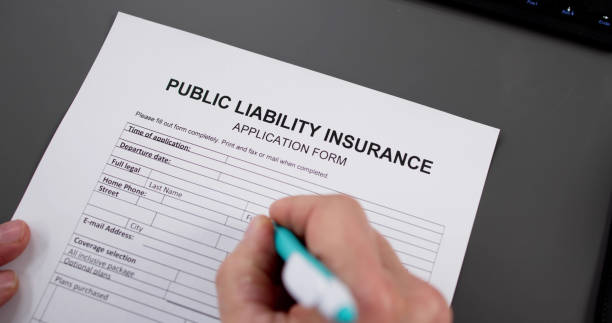
Public liability insurance is designed to protect businesses and individuals from claims made by third parties for personal injury or property damage that occurs in connection with their activities. This type of insurance is essential for anyone who interacts with the public, such as business owners, freelancers, or event organisers, as it helps mitigate the financial impact of potential lawsuits.
Public liability insurance covers a range of incidents, including accidents that occur on your business premises or as a result of your business operations. This may involve injuries to clients or customers, damage to their property, or even legal costs associated with defending against claims. In essence, this insurance provides a safety net, ensuring that businesses can operate without the looming threat of financial devastation from unexpected claims.
Public liability insurance is vital for anyone conducting business that involves client interaction or public access. This includes retail shops, construction companies, service providers, and even home-based businesses. Even if your business is small, the financial implications of a claim can be significant, making it essential to have the right level of cover to protect your assets.
What is the Difference Between Comprehensive and Third Party Insurance?
The primary difference between comprehensive car insurance and third party insurance lies in the coverage provided. Comprehensive car insurance covers damage to your own vehicle, as well as damage you cause to third parties. In contrast, third party insurance only covers damage to others and does not provide any protection for your own vehicle.
Comprehensive car insurance provides extensive coverage that includes damage to your car due to accidents, theft, vandalism, and natural disasters. Additionally, it covers third party property damage and personal injury claims, offering a broader range of protection. This type of insurance is ideal for those who want peace of mind knowing that they are safeguarded against a variety of risks.
You should consider opting for comprehensive insurance if you own a newer or more valuable vehicle. The increased premiums associated with comprehensive coverage may be justified by the protection it offers against potential loss or damage. Furthermore, if you frequently drive in high-risk areas or have a history of accidents, comprehensive insurance may provide the additional security you need.
The costs of comprehensive insurance are typically higher than those of third party insurance due to the broader coverage it provides. Factors that influence the cost of your insurance quote include the type of car you own, your driving history, and the level of cover you choose. It is important to weigh the costs against your potential risk exposure when selecting the right insurance policy.
How to Choose the Right Third Party Liability Insurance?
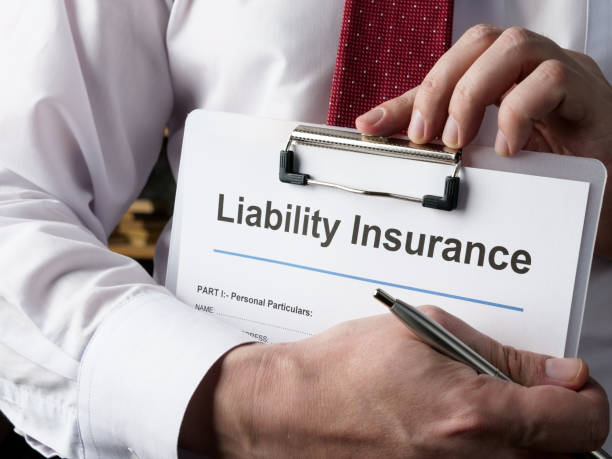
Choosing the right third party liability insurance involves careful consideration of several factors. Understanding your needs and the level of cover required is essential in selecting a policy that protects you adequately against potential claims.
When selecting third party liability insurance, consider factors such as the nature of your activities, the potential risks involved, and your budget. Additionally, review the limits of coverage, including any exclusions that may apply. This will help ensure that you are adequately protected against various scenarios.
To compare different third party insurance products, you should gather quotes from multiple providers and assess the benefits and coverage limits of each policy. Pay attention to the product disclosure statement to understand what is included in the coverage. Online comparison tools can also be helpful in evaluating various options, making it easier to make an informed decision.
Understanding your level of cover is crucial, as it directly impacts your financial protection in the event of a claim. A well-informed decision regarding your insurance policy can prevent significant out-of-pocket expenses in the future. Ensure that your policy aligns with your risk exposure and provides adequate protection for both your car and any potential liabilities you may face.
Conclusion
Understanding third party car insurance and public liability insurance is important for everyone. Third party car insurance protects you from costs if you damage someone else’s vehicle or injure someone in an accident. Public liability insurance covers you if someone is hurt or their property is damaged due to your actions. Both types of insurance help you manage risks and protect your finances. Knowing the differences between them can help you choose the right coverage for your needs.
